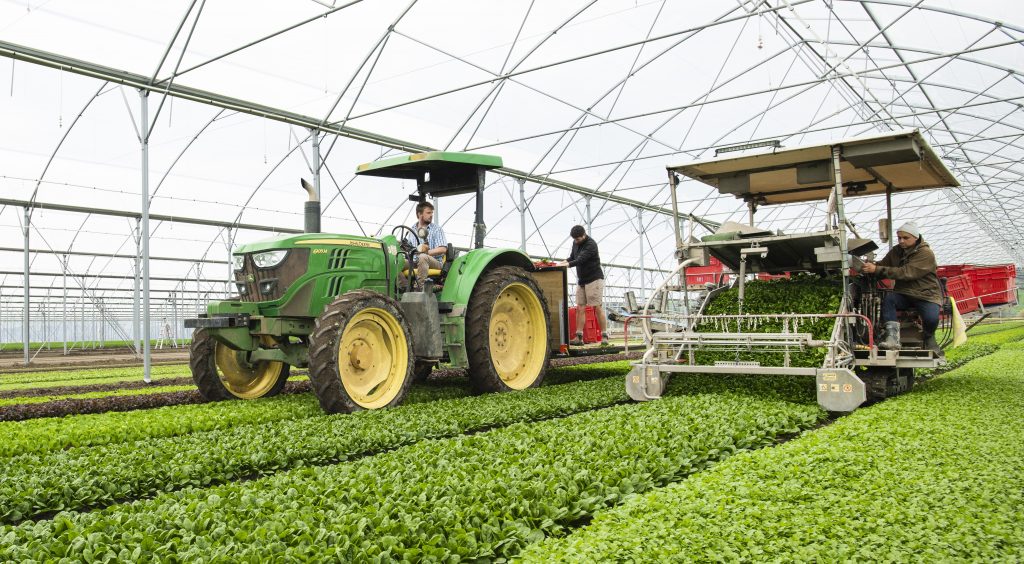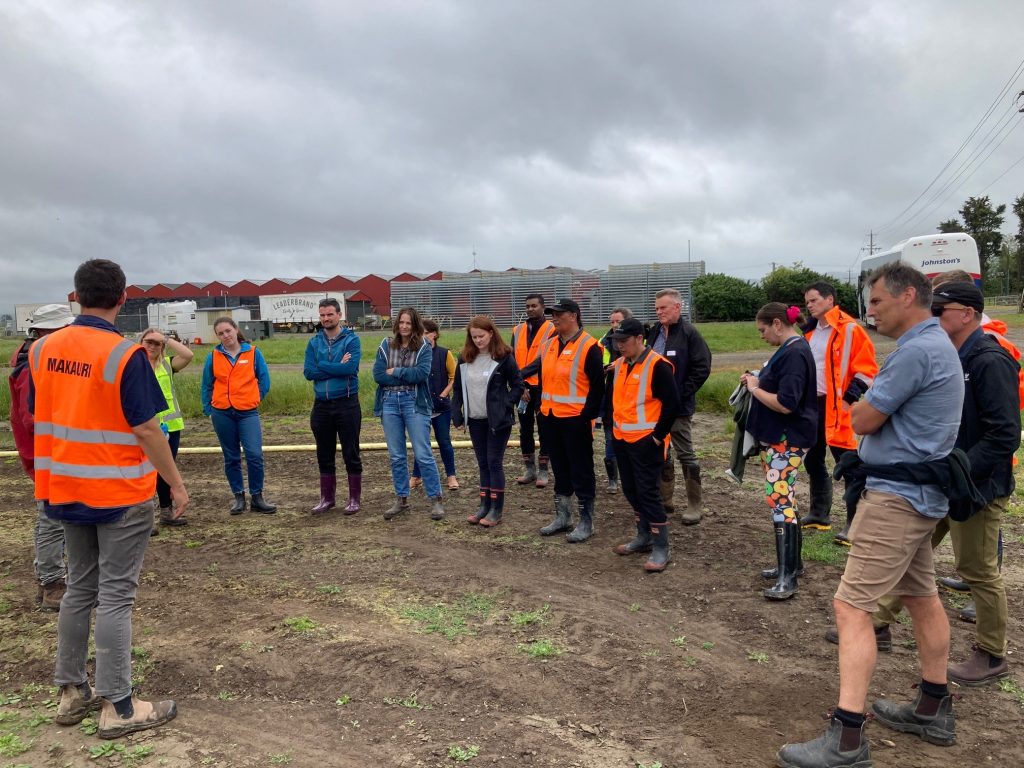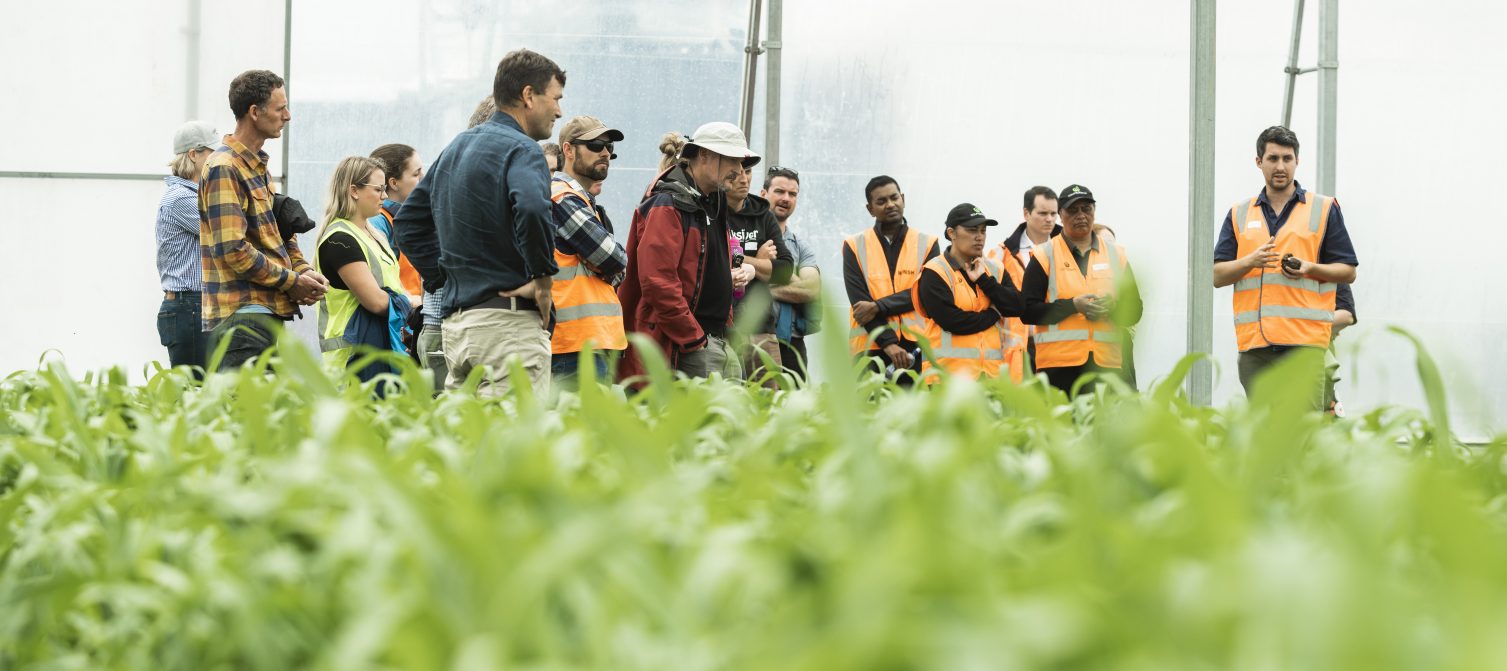Our joint research project that looks at the new ways to farm sustainably.
We’ve teamed up with Countdown and Plant & Food Research to look at how we can adapt new farming practices and techniques with actionable scientific evidence that we hope to ultimately share with the industry.
The project is run from our Gisborne farm and investigates the impacts of regenerative farming in relation to productivity, profitability, people and the environment. Regenerative practices are being tested alongside current management practices, with comparisons made between the methods.
The project has kicked off with an assessment of nutrient release characteristics from compost applied at various rates on different soil types. The study was an important first step in understanding how alternative sources of crop nutrition can complement or offset conventional fertilisers.
We will evaluate the impacts of using compost and cover crops across varied crop rotations, also focusing on the role of perennial plantings in ecosystem restoration. Soil biological activity, structure and organic matter will be monitored, as well as crop outputs.
Gordon McPhail, our General Manager of Farming, says the research project is a first for the New Zealand vegetable growing industry and he believes it can help to drive positive changes for the sector.
Gordon says the findings will provide useful information to help other growers adopt regenerative farming methods and become more productive.
“This is about farming for the future, people look at sustainability, and things like plastics, but for growers, it’s a lot more about our inputs and protecting the environment we farm in. A big part of our environment is our soil, and that’s where our regenerative farming project is focused.”
“This is an important investment for us, and we’re really focused on both the commercial and environmental outcomes.”
“It’s not just about better production, it’s also about our license to farm, not putting nutrients into the waterways because we have better soil structure and perennial plantings, or because we’re using less fertiliser. Our soil is the lifeblood of what we do, and this project is about protecting that.”
We wanted to ensure that there was a scientific element to the study at the inception of the project and brought Plant & Food Research in to accelerate our learnings.

Gordon says Plant & Food Research will monitor the impact of regenerative farming from a scientific perspective, bringing a technical rigour to the project, and delivering findings that other growers can follow.
The project will also engage with the project’s teams, community, and local iwi to create growing practices that work with, and for, the wider community.
“Community and stakeholder engagement is an important part of this project. We’ll be speaking to our team, the public, local iwi, and our customers about our connection to the land and our food, and how we can support careers for people who are interested in the sustainability space.”
The project was launched following talks between Countdown and us.
“We were talking about sustainability and our environment and how there is increasing interest in our social license as an industry on how we operate and farm. We are already doing a lot in this space but wanted to accelerate our learnings and ensure that there was scientific evidence, so we suggested turning this into a proper project and focusing on how we can all benefit as growers.”

Countdown’s Head of Sustainability Catherine Langabeer says the vegetable project can provide vital insights for growers, contribute to a healthier growing industry and benefit New Zealanders.
“This project is all about collaboration and understanding how we can work together to farm for the future,” Catherine says. “As a food retailer, we know that we rely on our growers and farmers to feed our country. Without them having long-term sustainable businesses, neither do we.”
“It’s never been more important to make sure we have a sustainable, resilient and secure food system that goes beyond doing no harm, and instead actively enhances our land and communities – and that’s exactly what regenerative agriculture is about,” she adds.
Langabeer says Countdown is supporting research to improve sustainability across its supply chain and position Kiwi growers for the future. She believes it will bring benefits for New Zealanders for generations to come.
Check out the story featured on Stuff: New trials set to make vegetable farming more productive and sustainable

